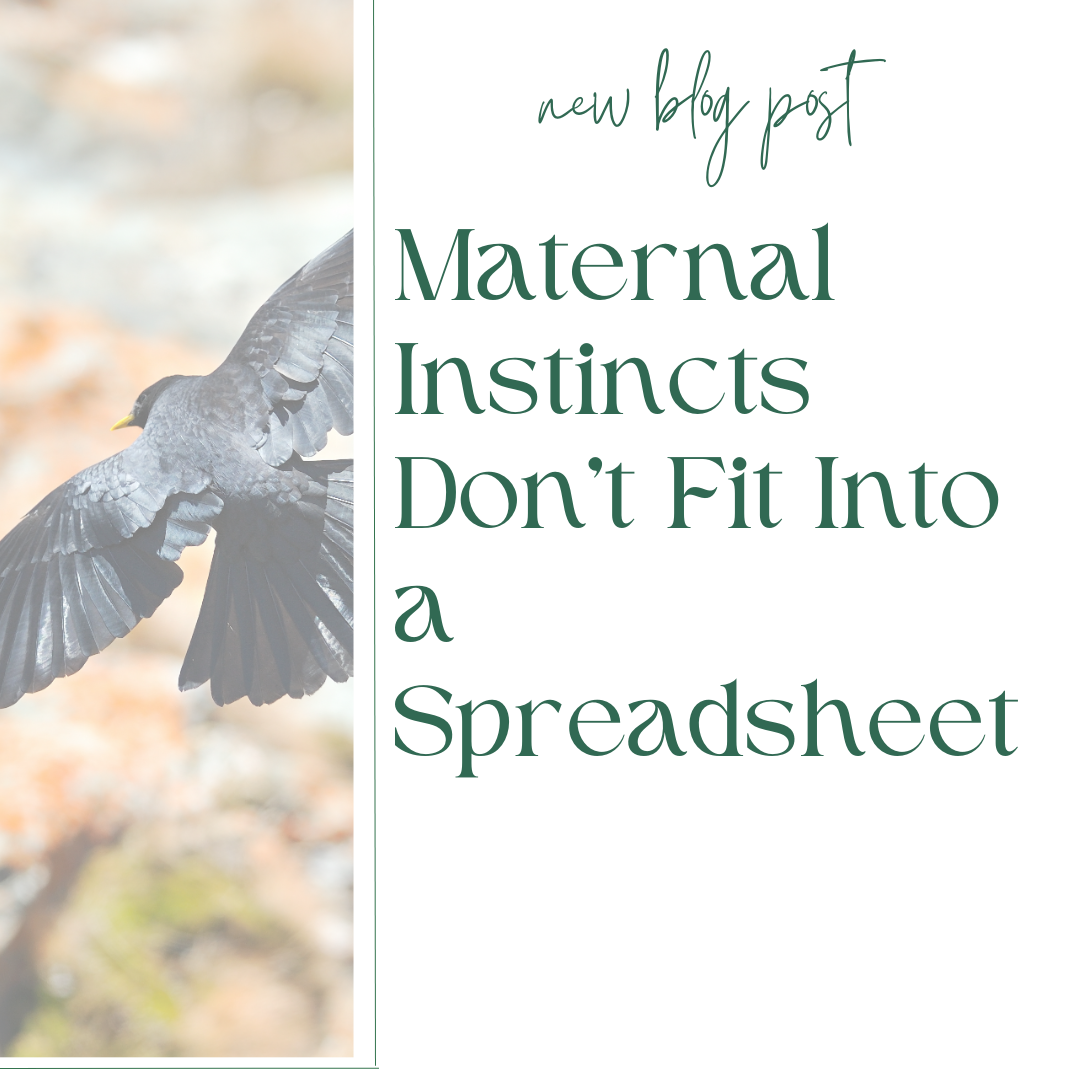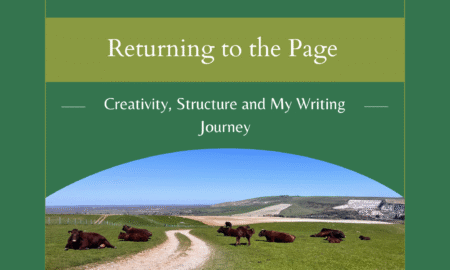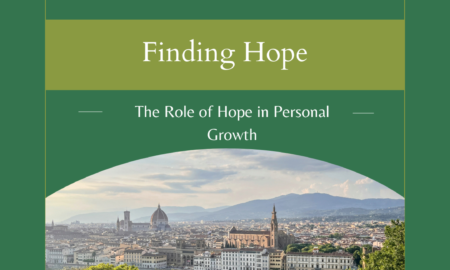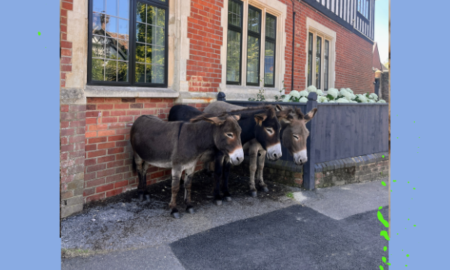Maternal Instincts Don’t Fit Into a Spreadsheet

When Something Just Doesn’t Feel Right
There are moments in mothering – often small, subtle ones – when something rises up in me with a quiet but unmistakable clarity. A situation will unfold, maybe something others would see as perfectly fine, and deep inside, something whispers: No. Not that. Not for my child.
And yet, when I try to explain why, it rarely fits into a neat rationale. It’s not always about clear risk or harm. Often, it’s something more ambiguous. A tone. A dynamic. A feeling. Something that can’t be quantified, but feels off all the same.
Why Logic Isn’t Always Enough
I’ve found myself, at times, wishing I could lay out my reasoning like a spreadsheet – pros and cons, measurable impact, clean logic. But instinct doesn’t work that way. Motherhood doesn’t work that way. And my decision-making, especially when it comes to protecting my children, often comes from a space deeper than logic.
There have been times where I’ve said no to things that others thought were perfectly fine. A message that was given, an invite somewhere, a tone of voice used by an adult. To them, it was nothing. To me, it was something. Not because I thought my child was fragile or couldn’t cope, but because I felt something I didn’t want them to simply absorb without question. A subtle belittling. A distorted value. A quiet compromise. Something unjust, not on the surface perhaps, but under it.
Teaching the Value of Inner Knowing
My goal isn’t to shield my child from every discomfort or complexity life will bring. That wouldn’t be possible or healthy. But I am trying to model something else: how to honour that internal nudge, or at least question the complexities something can bring, that sense that something isn’t quite right, even if it’s only me pausing.
So often, we’re taught to override our instincts in favour of fitting in, avoiding conflict, or “not making a fuss.” But the cost of that is significant. It disconnects us from ourselves. The earlier a child learns that their feelings are valid – even if they can’t articulate them clearly – the more resilient and self-aware they become.
Saying No with Intention
When I say no as a mother, it’s not always about the immediate thing in front of us. I’m responding to the message behind it, and the meaning it might hold for my child. What values are being transmitted? What beliefs might be absorbed? I’m hoping that in my saying no, or at least expressing my thoughts behind something, they learn that they are also allowed to trust their own sense of things. That it’s okay to walk away from something everyone else is fine with. That feeling uncomfortable is a reason, even if they can’t articulate why just yet.
And in sharing another perspective on matters and by saying I don’t like something, I hope I’m passing on something quietly powerful: that their inner world matters. That they doesn’t have to have a spreadsheet of evidence to justify discomfort. That their “no” is enough.
I know too well what happens when we override those inner signals. I know what it’s like to sense something’s off, but to look around and see that everyone else seems fine with it – and to silence yourself in the process. So often, it’s not the big violations that disconnect us from ourselves – it’s the subtle ones. The moments we were told we “had changed” or “didn’t get it” when something in us whispered, No, this doesn’t feel okay.
Maternal instinct doesn’t follow a formula. It can’t always be evidenced or measured. But I trust it. Not blindly, but deeply. Because it’s shaped by both my wounds and my wisdom.
And that inner “no,” however inconvenient it may be, might just be the most honest part of me.
TA Reflections: Trusting the Nurturing Parent
In Transactional Analysis, we talk about the Parent ego state – the part of us that holds rules, values, and beliefs we’ve absorbed from relevant authority figures or society during our upbringing. When we’re parenting our own children, this part of us becomes especially active. We often find ourselves repeating patterns from our own upbringing – sometimes with intention, sometimes unconsciously.
But there’s also the Nurturing Parent, the part that protects, comforts, and creates safety. And this instinctive protective edge, the one that says no, often emerges from this place. It’s not about control or fear – it’s about attunement. Listening closely to what feels right or wrong on a deeper level.
TA also invites us to balance this with the Adult ego state – the grounded, rational part that helps us assess the current reality. When these two work together, our parenting becomes both intuitive and thoughtful. It’s not reactive – it’s responsive.
Saying no, then, is an act of love. Not just protection from the outside world, but protection of a child’s internal compass – so it stays intact and trusted as they grow.
Looking for a Space to Explore Your Own Inner Compass?
If you’ve ever found yourself second-guessing your instincts, feeling emotionally stretched, or wanting to reconnect with your inner knowing – you’re not alone.
I offer a warm, grounded space for personal psychotherapy, where we can explore the parts of you that feel unheard, conflicted, or simply in need of deeper reflection.
Feel free to get in touch if you’re curious or considering support. I’d be glad to speak with you.
You may also be interested in...

Returning to the Page: Creativity, Structure and My Writing Journey
When I first launched this blog, it was with two simple aims: to reignite a creative passion, and to develop a writing rhythm — all in pursuit of one long-held…

Finding Hope
Why Hope Matters on Difficult Days This morning the Happiful magazine newsletter landed in my inbox and the title of the newsletter was “It’s OK to look for hope”. It…

New Year, Fresh Start: How Reflection Fuels Personal Growth
As the New Year begins, many of us feel a renewed sense of purpose, setting resolutions that reflect our hopes for personal growth and change. While it’s true that committing…

The Value of Downtime
In our fast-paced world, where productivity and constant connectivity are often celebrated, the concept of downtime can feel counterintuitive or even indulgent. However, taking time to rest and recharge is…

Improve Your Mental Strength
Ever wondered why some people seem to bounce back effortlessly from life's curveballs while others struggle to regain their footing? The secret lies in mental strength – that intangible power…

Transactional Analysis and the Ego State Model of Personality
The ego state model of personality is a central concept in Transactional Analysis. As a practitioner of Transactional Analysis, the ego state model is one I often use in my…
Ready to Make a Change? Book an Initial Consultation Today
If you have any questions at all about therapy or would like to make an appointment, get in touch. I will usually be able to respond to you within 24 hours.
